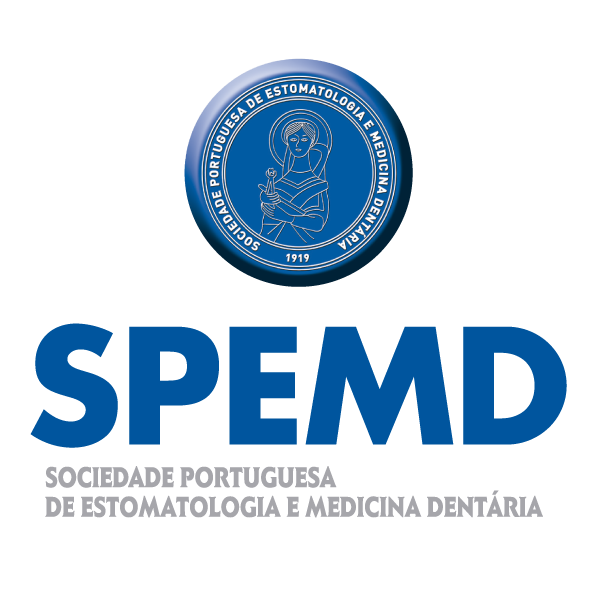
Revista Portuguesa de Estomatologia, Medicina Dentária e Cirurgia Maxilofacial
SPEMD | 2016 | 57 (3) | Page(s) 146-150
Investigação Original
Autoestima e deformidade dentofacial: um estudo comparativo com a escala de autoestima global de Rosenberg
Self-esteem and dental-facial deformity: a comparative study with Rosenberg self-esteem scale
a Serviço de Ortodontia, Faculdade de Medicina Dentária, Universidade do Porto, Porto, Portugal
Article Info
Rev Port Estomatol Med Dent Cir Maxilofac
Volume - 57
Issue - 3
Investigação Original
Pages - 146-150
Go to Volume
Article History
Received on 09/12/2015
Accepted on 21/04/2016
Available Online on 01/06/2016
Keywords
Resumo
Objetivos: O objetivo deste trabalho é avaliar o impacto da deformidade dentofacial na auto-estima dos pacientes. Métodos: Este estudo envolveu 82 participantes, 29 homens e 53 mulheres, com idades entre os 16-43 anos. O grupo de estudo (pacientes com deformidade dentofacial) incluiu 39 participantes e o grupo de controlo (pacientes sem deformidade dentofacial) outros 43. Para avaliar a autoestima foi utilizado o Inventário de Autoestima de Rosenberg. Resultados: Não se observaram diferenças no indicador de autoestima entre o grupo de controlo e o grupo de estudo. Observou-se uma proporção maior de mulheres do que de homem sem ambos os grupos. Os homens evidenciaram uma autoestima ligeiramente mais elevada que as mulheres. Conclusão: Parece não existir impacto da deformidade dentofacial na autoestima dos pacientes, podendo haver outras variáveis a interferir nesta relação. Importa perceber melhor a associação entre a autoestima e a deformidade dentofacial. Sugere-se a formação dos ortodontistas sobre a avaliação e gestão de variáveis psicológicas dos seus pacientes, havendo fundamento para uma intervenção interdisciplinar no tratamento ortodôntico-cirúrgico-ortognático que inclua profissionais de saúde mental. © 2016 Sociedade Portuguesa de Estomatologia e Medicina Dentária. Publicado por Elsevier España, S.L.U. Este é um artigo Open Access sob uma licença CC BY-NC-ND
Abstract
Objectives: The purpose of this study is to evaluate the impact of dental-facial deformity in patient's self-esteem. Methods: This study involved 82 participants, 29 men and 53 women, aged between 16 and 43 years. Of the sample, 39 were included in the study group (patients with dental-facial deformity) and 43 in the control group (patients without dental-facial deformity). To assess self-esteem, it was used the Inventory Rosenberg Self-Esteem. Results: No differences were observed in the indicator of self-esteem between the control group and the study group. We observed a higher proportion of women than men in both groups. Men showed a slightly higher self-esteem than women. Conclusion: It seems impact of dental-facial deformity at patients self-esteem does not exist, and there may be other variables to affect this relationship. It better understand the association between self-esteem and dental-facial deformity. We suggest the relevance of training orthodontists about how to assess and manage their patient's psychological variables, going basis for a multidisciplinary intervention on surgical-orthodontic treatment which also includes mental healthcare professionals. © 2016 Sociedade Portuguesa de Estomatologia e Medicina Dentária. Published by Elsevier España, S.L.U. This is an open access article under the CC BY-NC-ND license
